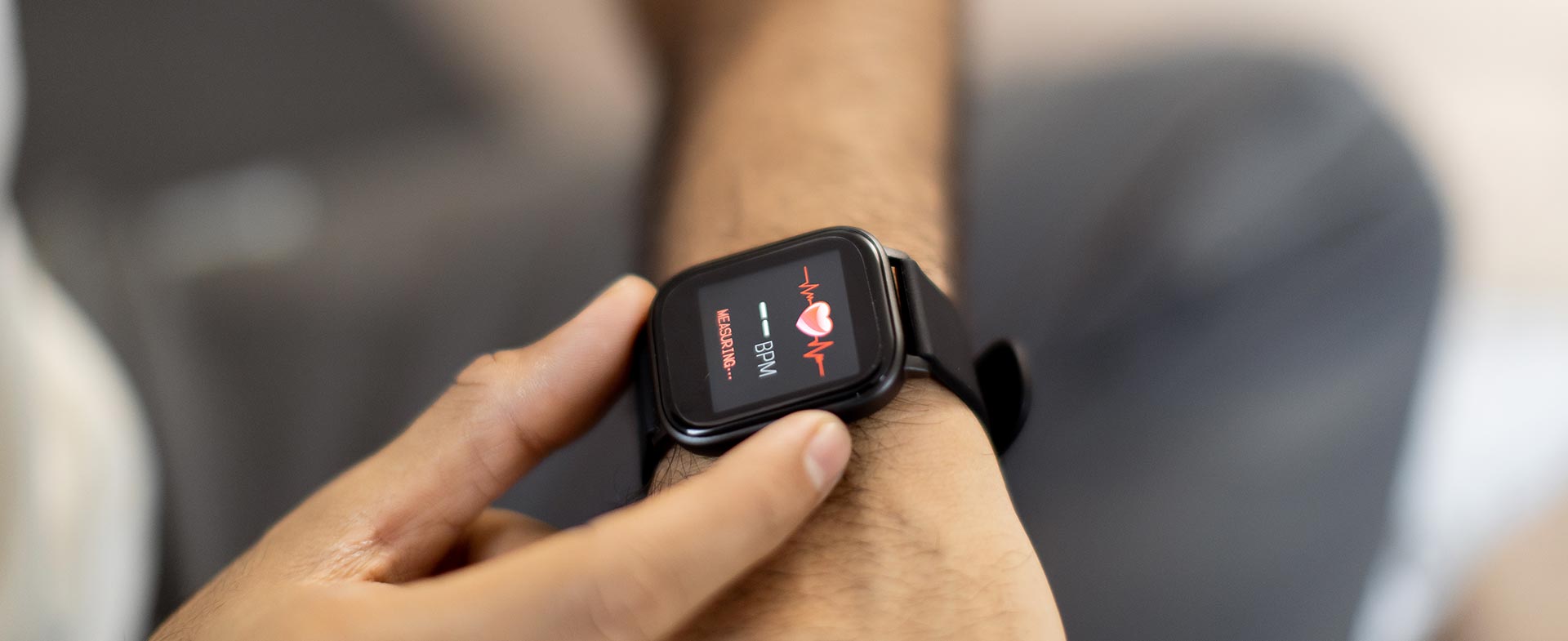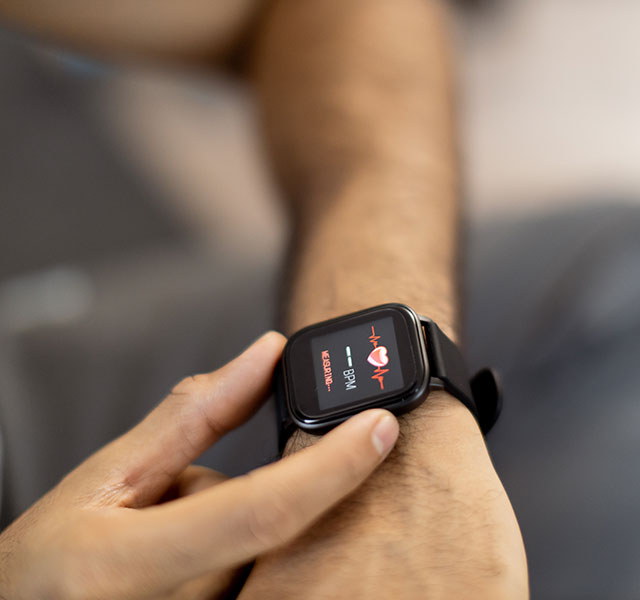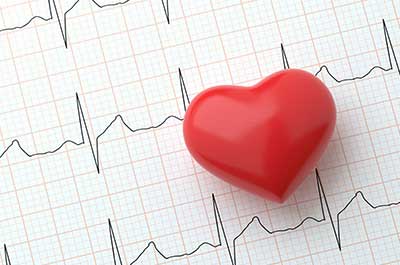More and more people are turning to wearable fitness trackers like smart watches and rings to keep tabs on how active they are throughout the day. But these smart devices can do a lot more than measure the number of steps you take.
“As the technology has gotten better, these devices have become a valuable source of health information,” says Henry Ford cardiologist Arfaat M. Khan, M.D. Some can even help identify and manage heart rhythm disorders, such as atrial fibrillation (AFib).
“These devices can be useful, especially for people at high risk for developing heart rhythm disorders,” he says.
Here, Dr. Khan explains some of what these smart devices can do.
Fitness Trackers As Health Trackers
Today's wearable devices measure all sorts of things, including physical activity, calories burned, sleep patterns, even your stress levels. They can also track factors related to heart health, including heart rate and an associated electrocardiogram.
Many of these fitness trackers use a technology called photoplethysmography, or PPG. This feature uses pulses of light against the skin to measure blood flow through the wrist or finger to track the rhythm of your heartbeat.
The information these wearable devices collect can be very helpful for spotting heart rhythm disorders like AFib. “Researchers have found them to be comparable to the devices used in hospitals to measure heart rhythm,” Dr. Khan says.
Should You Consider A Smart Device To Monitor Your Heart Health?
“Symptoms of AFib come and go, and some people don’t notice many symptoms at all. So, tracking can be helpful in people at risk of developing the condition,” Dr. Khan says. “The more you can monitor heart rhythm, the better the chances of identifying a problem before it results in something serious, like a stroke.”
Dr. Khan recommends a wearable device such as a smart watch or ring for anyone who might be at higher risk of developing heart rhythm problems. That includes people who:
- Are over 65
- Have high blood pressure
- Have underlying heart disease
- Have other chronic health problems, such as diabetes, lung disease or a prior stroke
When it comes to identifying heart rhythm problems, though, smart devices aren’t perfect. If the device gets jostled around — if you’re out jogging, say — it might alert you to an abnormal heart rhythm when, in reality, your heart is beating normally. “Younger patients often get worried when they see a heart rate spike. But in a younger population, it’s more likely a false positive,” says Dr. Khan.
Managing Heart Rhythm Disorders With Wearable Devices
Smart devices can also help people with heart rhythm disorders keep track of their condition. If you’re trying a new medication, for example, you can use the device to look for episodes of AFib. “Wearable fitness trackers are a great way to see whether that treatment strategy is working,” Dr. Khan says.
What should you look for when tracking your heart rhythm?
- Abnormal rhythm: “Most devices are set to alert you automatically if they sense an abnormal rhythm,” Dr. Khan says.
- Heart rate trends: Looking at trends over time can help. “If you see a spike in heart rate that lasts a minute or more, that may be a concern,” he says.
- Changes in heart rate or rhythm: If you notice any changes, download the tracking data and take it to your doctor. The information can help your healthcare provider diagnose and monitor your condition.
“Technologies like smart devices are changing medicine for the better,” Dr. Khan adds. “As technology advances, patients are more empowered and have more opportunities to take charge of their own health.”
Reviewed by Dr. Arfaat Khan, a board-certified cardiologist who sees patients at Henry Ford Hospital in Detroit and Henry Ford Wyandotte Hospital.



